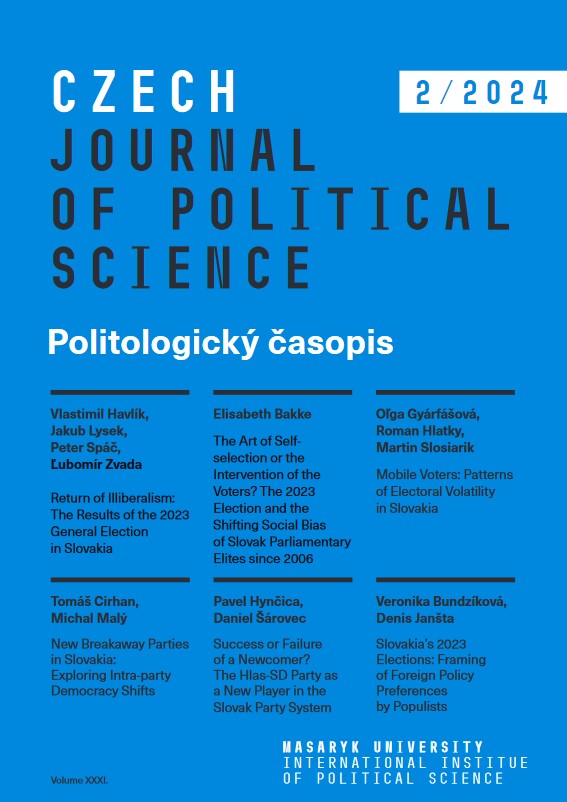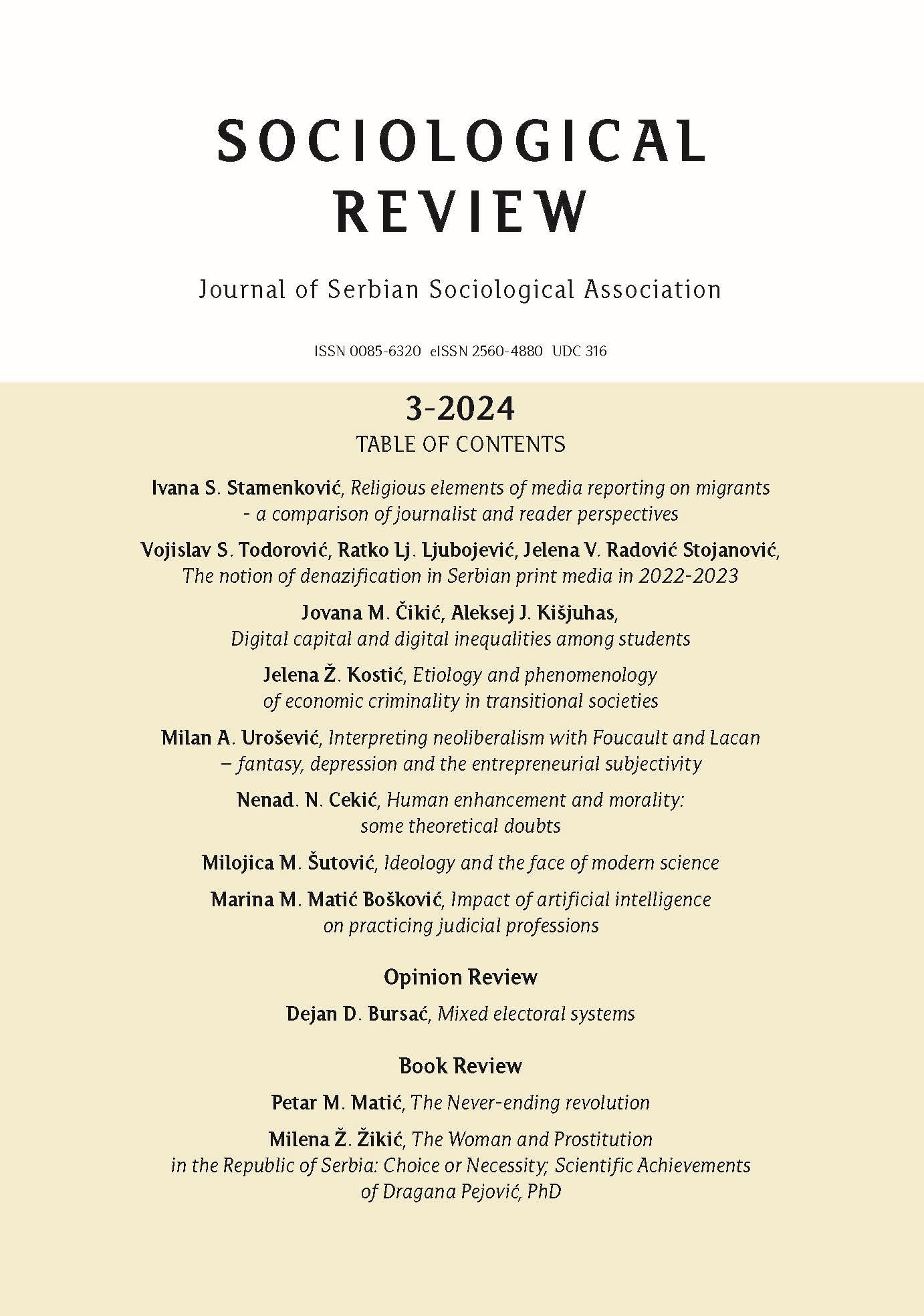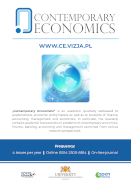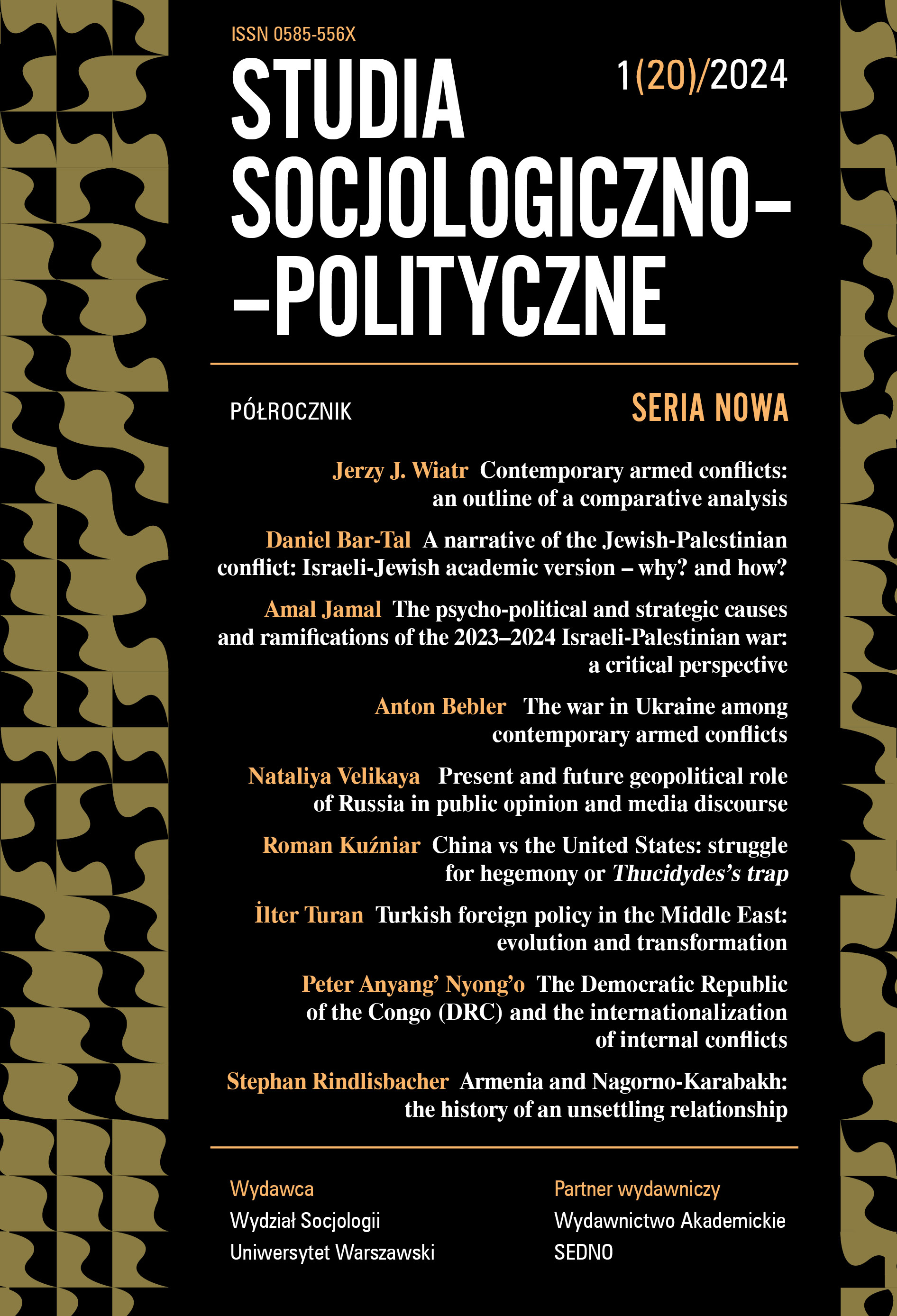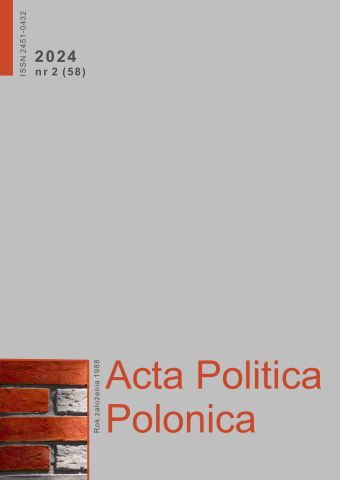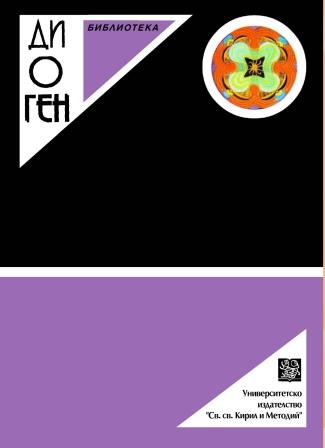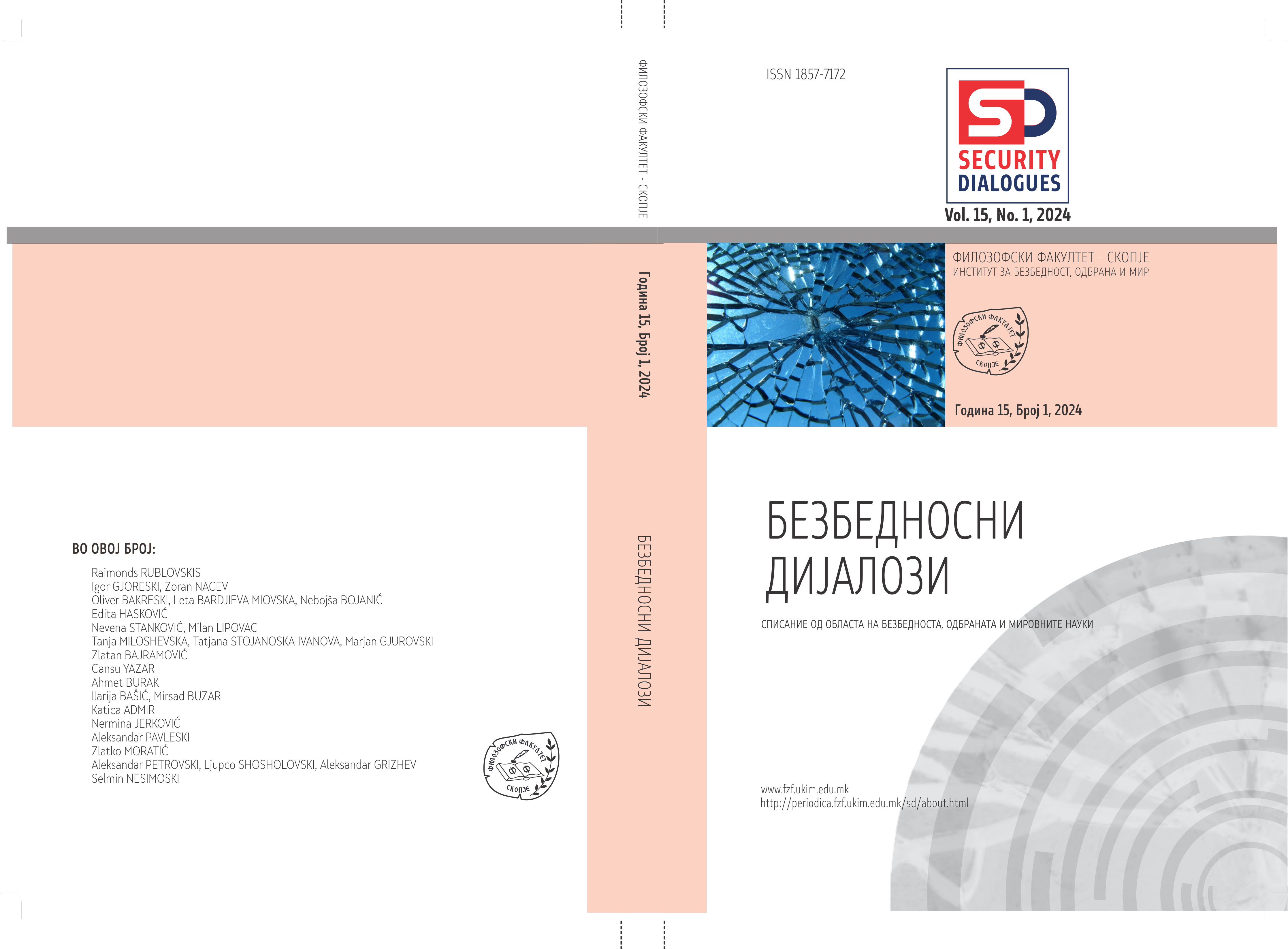
THE POSITION AND ROLE OF STATE AND NON-STATE ACTORS IN THE 21st CENTURY
According to the classical dichotomy of the realist theory of interest representation, the subjects acting on the national and international scene are defined as state and nonstate actors in the context of their content and position. Until the turn of the 21st century, the state-centric model of interaction is characteristic, where states are the main actors dominating national and world politics, although they are not the sole ones. Examples of state actors are bureaucratically organized state institutions and governing bodies, foreign policy institutions, the army, the police, intelligence agencies, etc. The gradual rise of non-state actors, as a result of the diffusion of power and monopolistic authorities of the state, seen through the prism of recent events such as the Arab Spring, the rise of ISIS, the migrant crisis, the Covid-19 pandemic, the war in Ukraine, etc., illustrate that many contemporary challenges to international order and security inevitably involve, among others, non-state actors. Examples of non-state actors include private military and security companies, the media, criminal organizations, terrorist groups, non-governmental organizations, as well as multinational corporations, lobby groups, organized social or ethnic group movements, and others. Through the application of qualitative deductive methodology, analysis of case studies and through linear interpolation of quantitative data in the context of this paper, the main questions arising from this social phenomenology are elaborated: their adjunction, regulation, with special reference to their place and role in society, in the direction of their positioning and categorization of meaning, from where the main hypothesis of this paper is drawn.
More...
